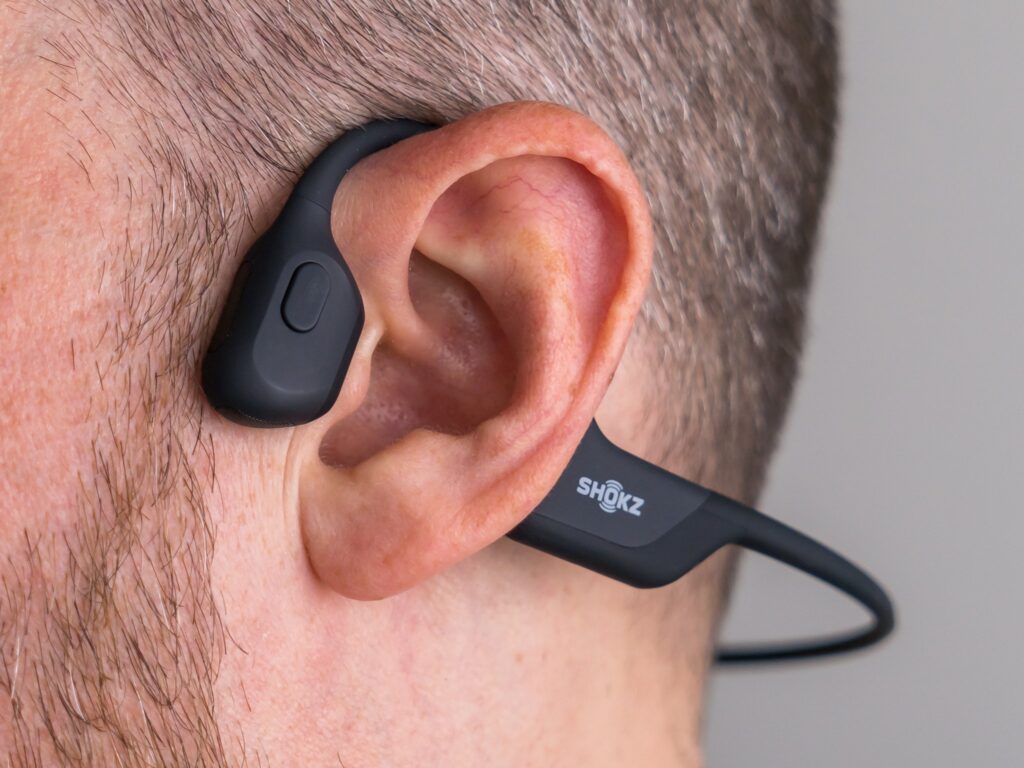Flying can feel uncomfortable for many people, and tinnitus can heighten your anxiety about travel. Many worry the noise inside the aircraft will make symptoms worse, but with simple steps you can fly comfortably and safely.
You may feel nervous before the flight, but you can have a good experience with the right preparation. Below are clear steps to help you manage tinnitus when flying.
Drink water before and during the flight. This supports the mucous membranes in your ears and nose.
Try to limit alcohol and caffeine because they can dehydrate you and affect sleep and mood. This can influence how your tinnitus feels.
Choose a seat close to the front of the plane to reduce noise exposure. Booking early helps.
Typical cabin noise levels are 80 to 85 dB and modern aircraft often sit between 75 and 80 dB during take off and descent. Research in 2024 found that updated landing gear designs have reduced noise further. These levels are considered safe.
Earplanes can help during take off and landing when pressure changes are greatest.
Listening to music or watching films can shift your attention away from the sound.
Avoid wearing standard earplugs during the cruise phase because reducing background noise can make tinnitus more noticeable. Open headphones like Shokz can help some people because they let you hear both your audio and the surrounding environment.

Yawning, swallowing, chewing gum or sucking on a sweet can help open the eustachian tubes. This balances ear pressure and reduces discomfort.
Try to avoid flying when you have a cold or flu because these infections reduce the function of the eustachian tube.
Stress can increase tinnitus, so use calm breathing, muscle relaxation or brief mindfulness exercises during the flight.
Stay awake during descent if you can. This is when pressure changes the most and active management helps prevent discomfort.
Flying with tinnitus can be manageable when you plan ahead. If you are concerned about your hearing or want tailored advice for an upcoming trip, you can contact us. We can help you find the best approach for a smoother, more comfortable journey.
